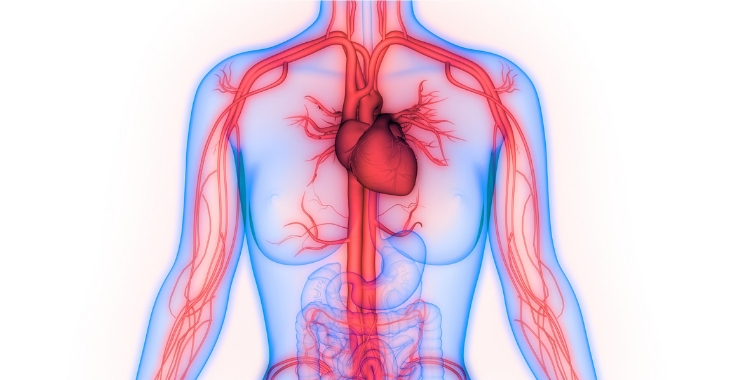Top 3 Supplements for Heart Health
Heart disease and cardiovascular issues should be taken seriously. Keeping a healthy heart is vital to living a long life and feeling your best. Of course, eating a healthy diet and staying active is important to keeping your heart healthy, but there are supplements that can be beneficial to add to your regimen. Here are three of the top supplements that can be advantageous if you are trying to boost your heart health.
- Coenzyme Q10 or CoQ10 is an enzyme your body produces that is important for heart health. Adding it as a supplement can help lower blood pressure. Those who take statins for lowering cholesterol may have lower levels of CoQ10 in their body as these drugs can deplete it, so supplementing it can be beneficial and may even reduce some other negative side effects of these drugs.
- Fiber. You should be eating a diet rich in fiber for heart health. Fiber can help lower LDL cholesterol and raise HDL cholesterol, which is optimum for a healthy heart. However, eating enough fruits, vegetables and grains to reach 30 grams or more of fiber a day can be challenging. Adding a fiber supplement can help meet this goal.
- Plant sterols. Sterols and stanols are micro-nutrients found in some foods like nuts and grains. There have been studies showing the effectiveness of these nutrients in lowering cholesterol. It is recommended to have at least three servings a day or you can take 2,000 mg in supplement form.
To learn more about what supplements and diet is best for your heart, you should talk with an expert in heart health. Cardiologists are the best source for preventive care for your heart, especially if you have a family history of heart disease or already have cardiovascular issues.
Posted on behalf of:
Corrielus Cardiology
7452 Ogontz Avenue
Philadelphia, PA 19138
(215) 383-5900
The information provided on this website, including text, graphics, images, and other materials, is intended solely for informational purposes and should not be used as a substitute for professional medical advice, diagnosis, or treatment.

)